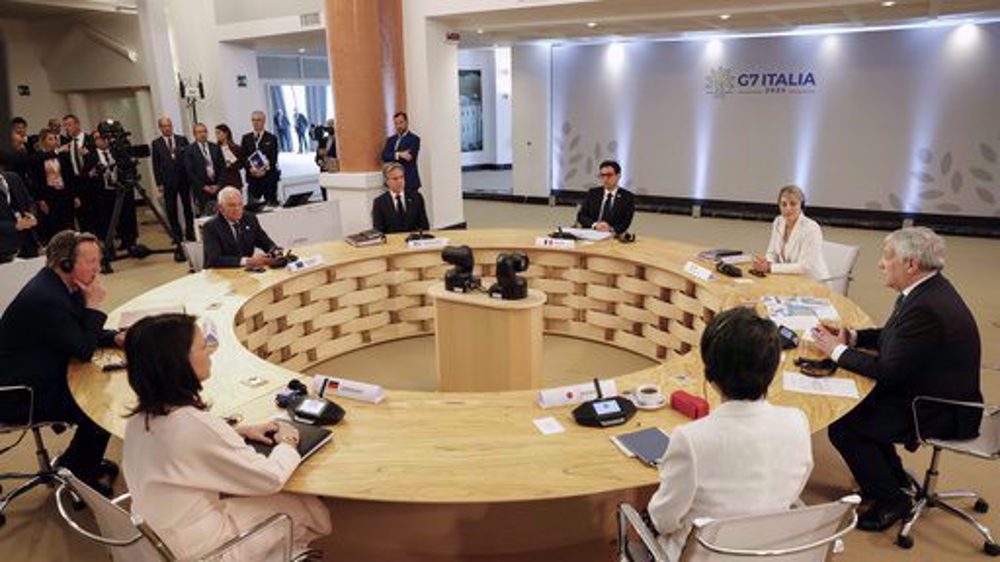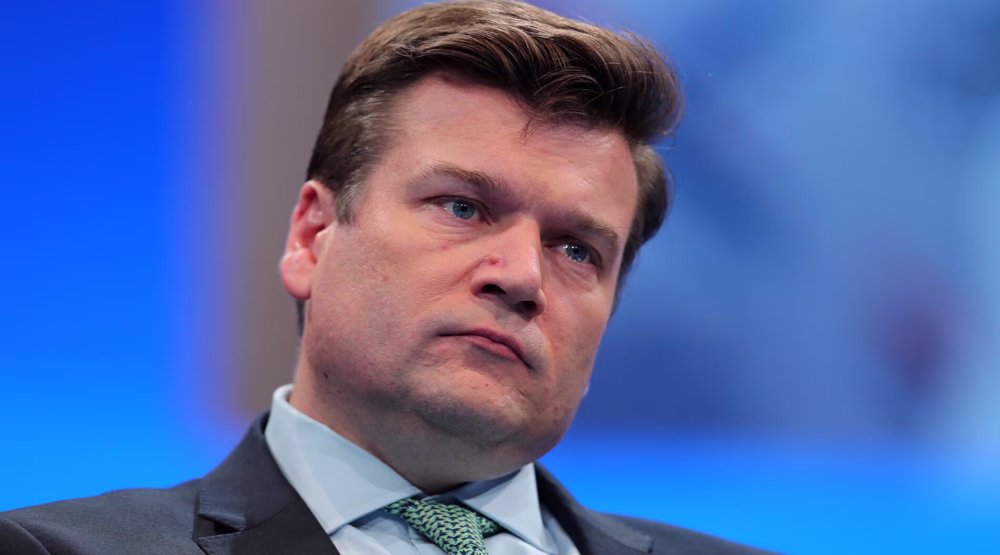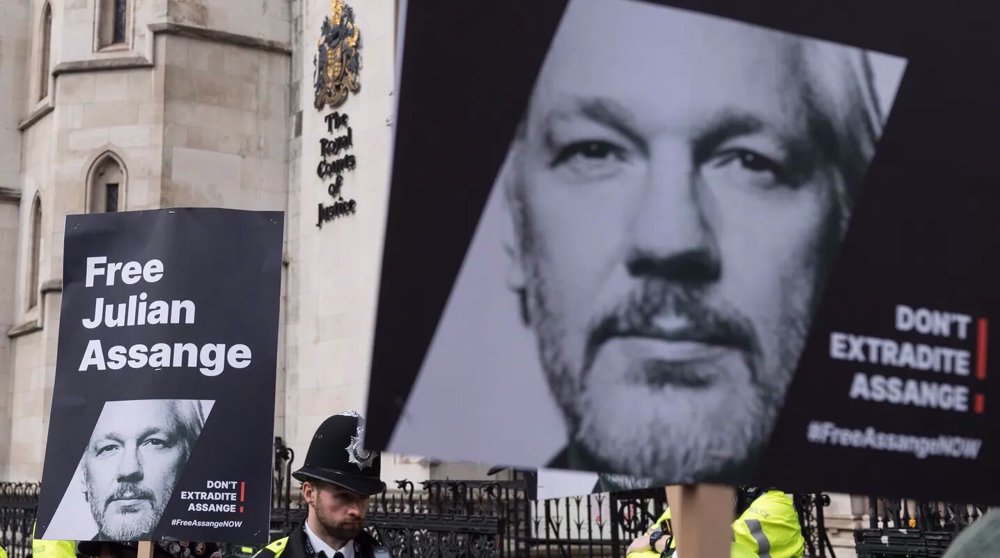Neglect of Scottish health service set to influence indyref outcome
By all credible accounts, Scotland is gripped by a suicide crisis. According to the Scottish Mental Health Foundation (SMHF), two people commit suicide in Scotland every day.
The latest disclosure by the SMHF is consistent with other official statistical reporting. In late June the National Health Service’s Information Services Division (ISD) announced that there were 784 suicides in Scotland in 2018, compared to 680 in 2017.
The latest figures on Scottish suicide rates come in the wake of news that Scotland has the highest rate of drug-related deaths in the European Union.
According to the ISD, Scotland has had a higher recorded suicide rate than other parts of the UK since the early 1990s. The key question is, why?
Part of the answer lies in the underfunding of Scottish mental health services over many decades. The Scottish government tried to address this issue in its budget statement of December 2018, a move welcomed by the SMHF.
But whilst welcoming the “shift in the balance of spend(ing) towards mental health”, SMHF also warned that the “real shift” must be towards “preventative” spending, especially in relation to child mental health.
The SMHF’s focus on child mental health is important as, according to James Jopling, the executive director of Samaritans Scotland, suicide rates for under-25s has risen to its highest level since 2007.
Is there a political dimension to Scotland’s suicide crisis? According to the pro-independence Scottish National Party (SNP), there is a clear political aspect to Scottish ill health, and by extension Scotland’s high suicide rate.
The SNP made a big issue of increasing investment in Scotland’s health services in the run-up to the independence referendum campaign in September 2014.
During the referendum campaign, the SNP-dominated Scottish government’s Secretary for Health and Wellbeing, Alex Neil, blamed the “privatization” of the NHS in England for adverse budgetary impacts on the Scottish health service.
This stance was consistent with SNP leader Nicola Sturgeon’s, pronouncement in March 2012 that only “independence” can save the Scottish NHS.
In a sign that health spending is set to become one of the biggest issues in the intensifying Scottish independence debate, earlier this month newly-installed Prime Minister, Boris Johnson, unveiled a so-called “union boost” of £180M funding for the Scottish NHS.
But with Nicola Sturgeon determined to hold an independence referendum by the second half of 2020, Johnson’s gesture may be too little too late.
'Stop any further Israeli adventurism,' Iran FM tells Security Council
Google fires 28 employees for protesting military deal with Israel
Burkina Faso expels three French diplomats over ‘subversive activities’
Iran slams G7 statement, vows no iota of doubt to respond to aggression
German authorities arrest Jewish activist over pro-Palestinian demos
Far-right Israeli minister calls for execution of Palestinian prisoners
VIDEO | Time to halt military operations in besieged Gaza: Italy
President Raeisi: Iran to make Israel rue 'slightest attack'











 This makes it easy to access the Press TV website
This makes it easy to access the Press TV website